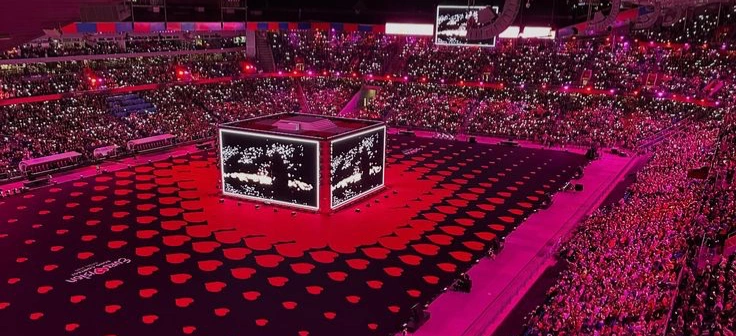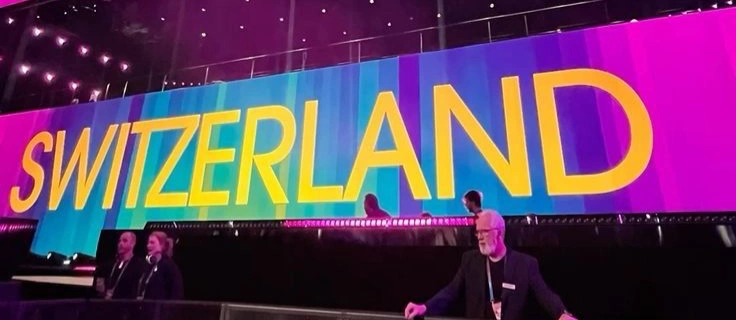Eurovision 2025 in Switzerland: A Return to the Heart of Europe
In the spring of 2025, thousands of fans from around the world will once again gather around screens and concert arenas for one of the biggest musical events on the planet — the Eurovision Song Contest. This year, the event takes place in Switzerland, the very country where Eurovision began in 1956. Following Switzerland's victory in 2024, the nation now has the honor of hosting a symbolic return to the origins of the contest.
Why Eurovision Still Matters
Over the decades, Eurovision has evolved from a simple European song competition into a global cultural phenomenon. It’s not just about singers and scores — it’s a platform for:
- musical experimentation
- celebrating cultural diversity
- delivering social and political messages
- launching emerging artists onto the world stage
Eurovision influences trends, drives online conversations, inspires creatives, and gives audiences a rare sense of unity through music.
Switzerland — Back to the Roots

Hosting Eurovision in Switzerland carries special historical significance. This is where it all began nearly 70 years ago, and now the country will welcome over 35 participating nations (and possibly more). The host city has yet to be confirmed, but Geneva, Basel, and Zurich are top contenders.
Organizers have promised:
- a technologically advanced stage design
- eco-friendly transportation and lighting solutions
- a balance between honoring tradition and embracing the future
This year’s central theme is "Music Without Borders", highlighting Eurovision’s unifying role in a divided and conflict-ridden world.

What to Expect in 2025
- Over 35 participating countries, including the return of several past absentees
- New voting formats and interactive digital features via apps and streaming
- Possible appearances by virtual or AI-supported performers (on a trial basis)
- A grand final featuring past Eurovision winners as part of an anniversary tribute
It’s also expected that Switzerland will invite special guests, including artists from the original 1956 contest and countries that have never participated before.
What Eurovision Means for Artists
For many artists, Eurovision is a career-defining moment. ABBA, Céline Dion, Måneskin — all launched to global fame from this stage. Even those who don’t reach the top three often walk away with international fan bases, record deals, and lasting media attention.
The contest also fosters dialogue across borders, even when politics divide nations. On the Eurovision stage, creativity and performance rise above national differences.
Conclusion
Eurovision 2025 in Switzerland is shaping up to be more than just a musical celebration — it’s a symbolic return to the contest’s roots and a reimagining of what it stands for today. For fans and viewers alike, it offers a rare opportunity to feel that, for a few nights, music truly brings people together.
Close